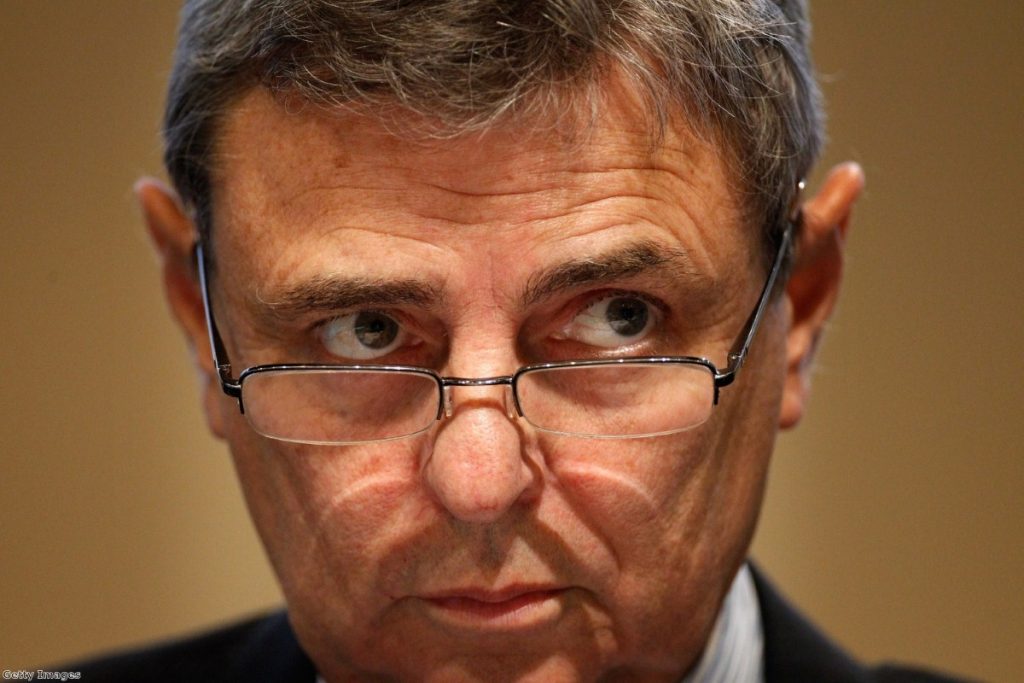Coalition faces ‘biggest ever’ strike as demoralised local government workers revolt
Members of the Unison trade union have backed a one-day walkout set to be even bigger than the 1926 General Strike.
The industrial action will take place on July 10th unless ministers abandon plans to raise pay by just one per cent after a three-year pay freeze.
Just ten per cent of the lowest paid local government workers would receive an above-inflation pay rise. Their real-terms pay has fallen by a fifth since 2010, according to Unison.
Over 85,000 teaching assistants, planners, administrators, social workers, engineers and school support workers voted in the ballot, with 58.7% backing strike action and 41.3% rejecting the move.


But with over 600,000 workers balloted the total turnout was just 14%. The Conservatives are proposing to impose a minimum turnout requirement of 50% for future trade union strike ballots.
"These workers care for our elderly, clean our streets, feed and educate our school children and keep our libraries running, but they receive no recognition in their pay packets," Unison general secretary Dave Prentis said.
"They are mainly low-paid women workers, stressed and demoralised, and they deserve better from their employers and from this government. This is the group that has borne the brunt of the government's austerity agenda.
"We will now be discussing next steps. But we call on the employers to get back into talks to agree a fair deal for local government and school support workers."
If agreement cannot be reached the coalition government will endure its biggest strike yet. The GMB and Unite unions are yet to announce the results of their ballot, while the National Union of Teachers is also planning a walkout on the same date.
Unison's national committee will meet shortly to discuss next steps, the union said.
Head of local government Heather Wakefield said: "Local government workers have kept services running in our communities in the face of the government's harsh austerity agenda, and they deserve more than just a bare minimum pay increase."

